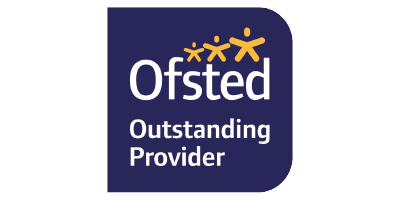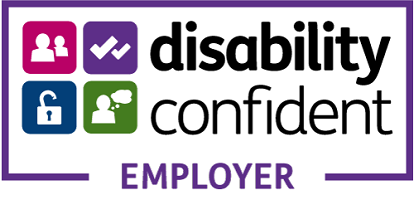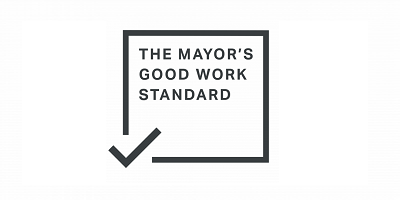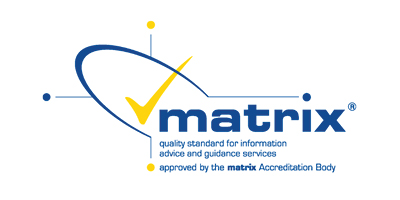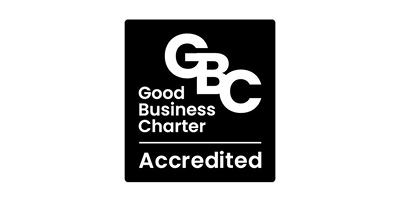- Understand AI’s Role as a Support Tool
AI can assist with brainstorming, drafting, or simplifying complex ideas—but it shouldn’t replace your critical thinking. Always verify AI-generated content against trusted sources. For instance, use tools like ChatGPT to outline essays, but rely on academic databases like JSTOR for evidence. - Prioritise Academic Integrity
Check your college’s policy on AI use in assignments. If permitted, transparently cite AI contributions (e.g., “Generated using ChatGPT, reviewed and amended by the author”). Never present AI work as entirely your own. - Protect Data Privacy
Avoid inputting personal data (yours or others’) into public AI tools. For group projects, use anonymised examples. Remember: UK GDPR applies, so ensure any college-approved AI tools comply. - Critically Evaluate AI Outputs
AI can produce biased, outdated, or incorrect information. Cross-check facts with peer-reviewed research or textbooks. Ask: “Does this align with my course materials?” Report concerning biases to staff. - Seek Guidance and Training
Staff: Provide clear AI guidelines and discuss ethical dilemmas in class. Students: Ask tutors how AI fits into your coursework. Colleges often run workshops on digital tools—attend them!
Learn more by reading this: original blog.
By using AI thoughtfully, you can enhance learning while upholding academic standards. Have questions? Collaborate with peers and tutors to explore AI’s potential safely.

